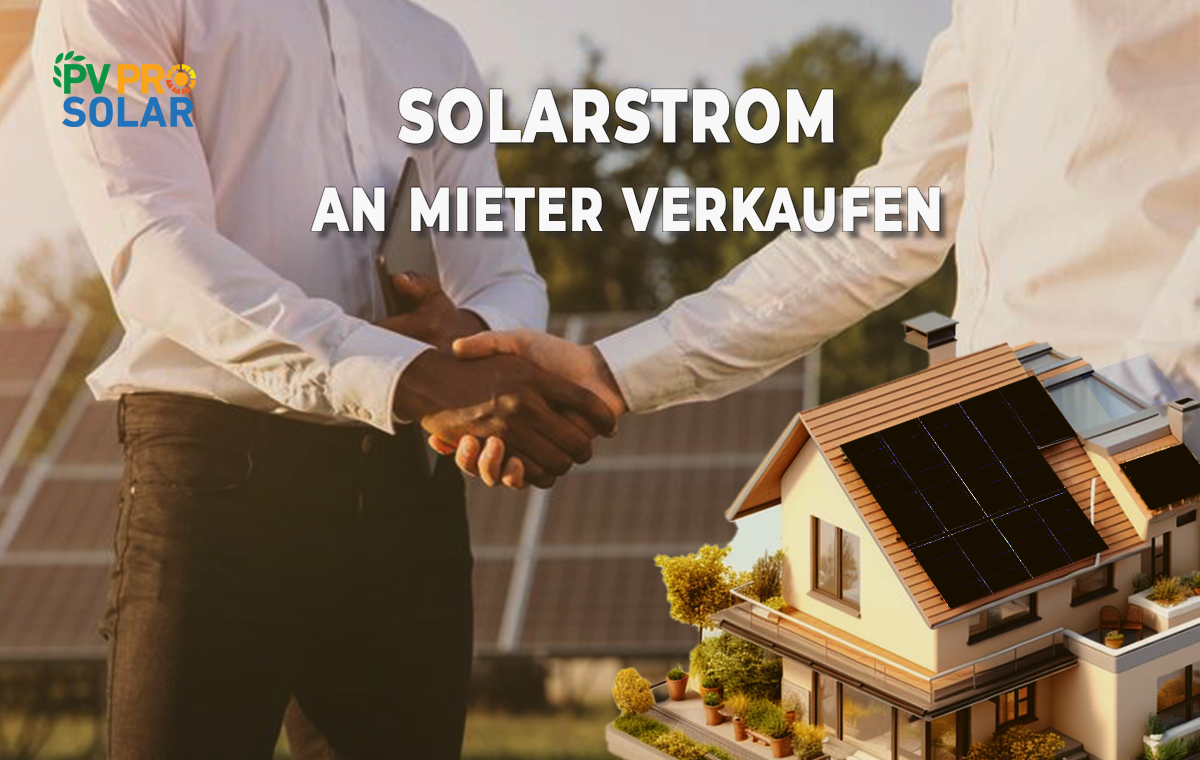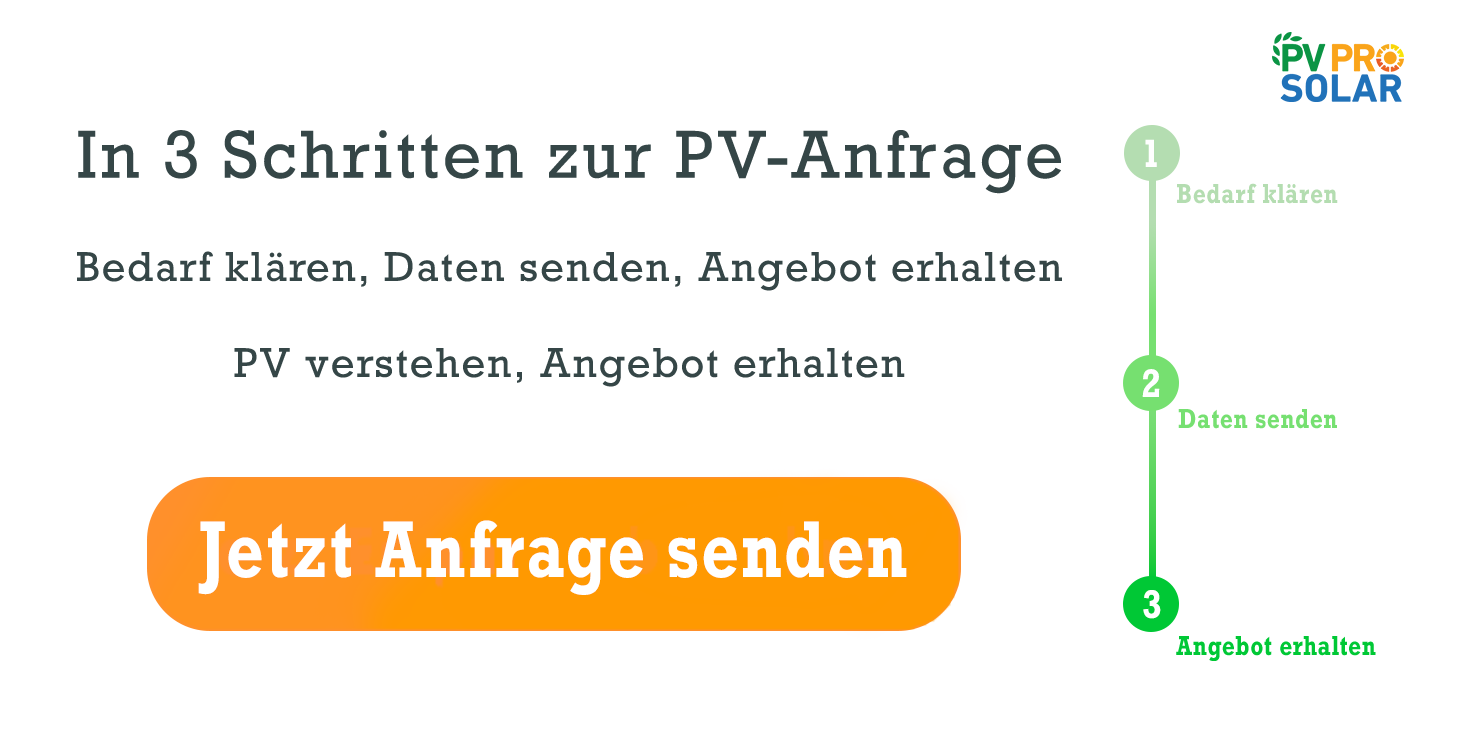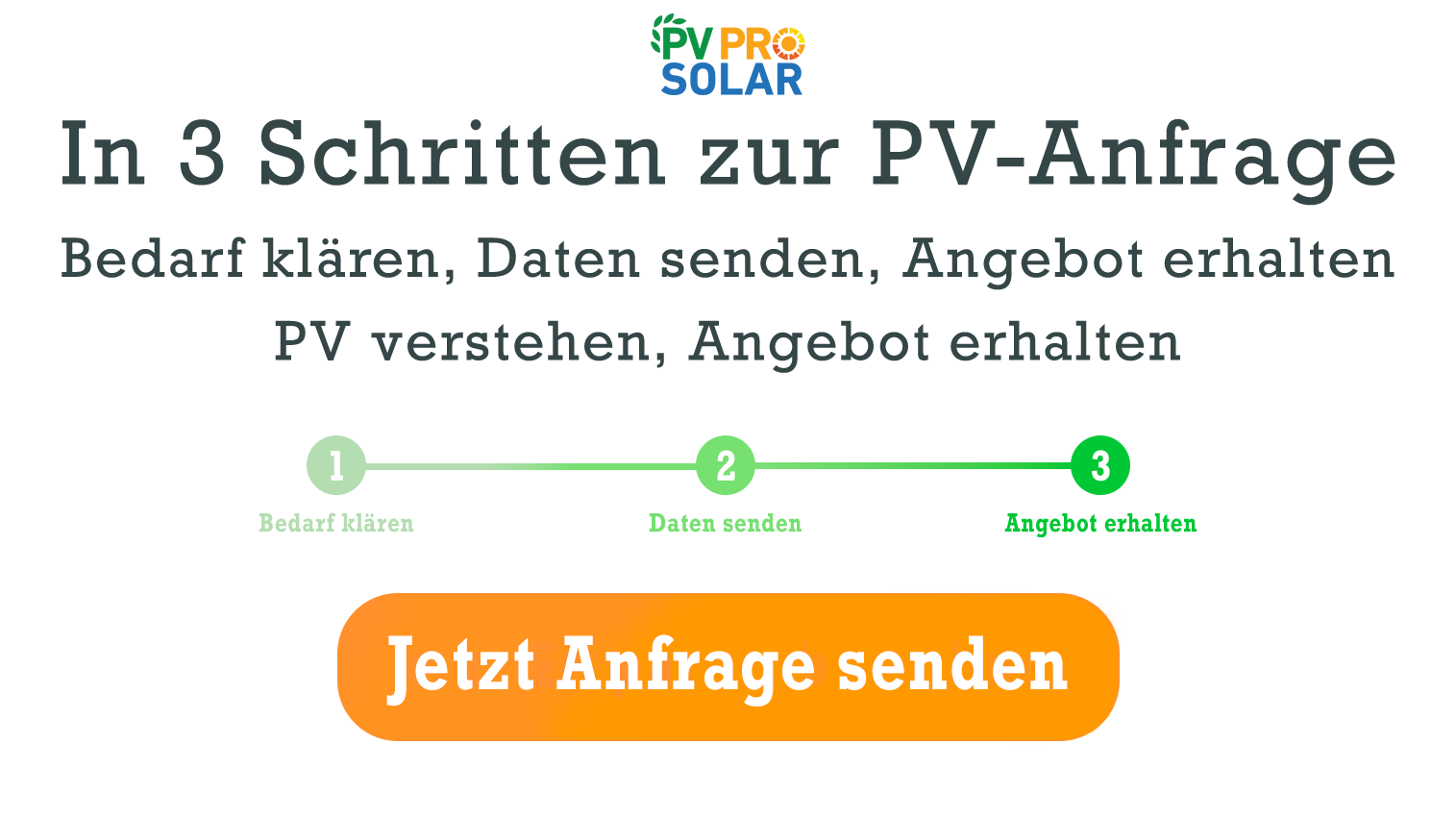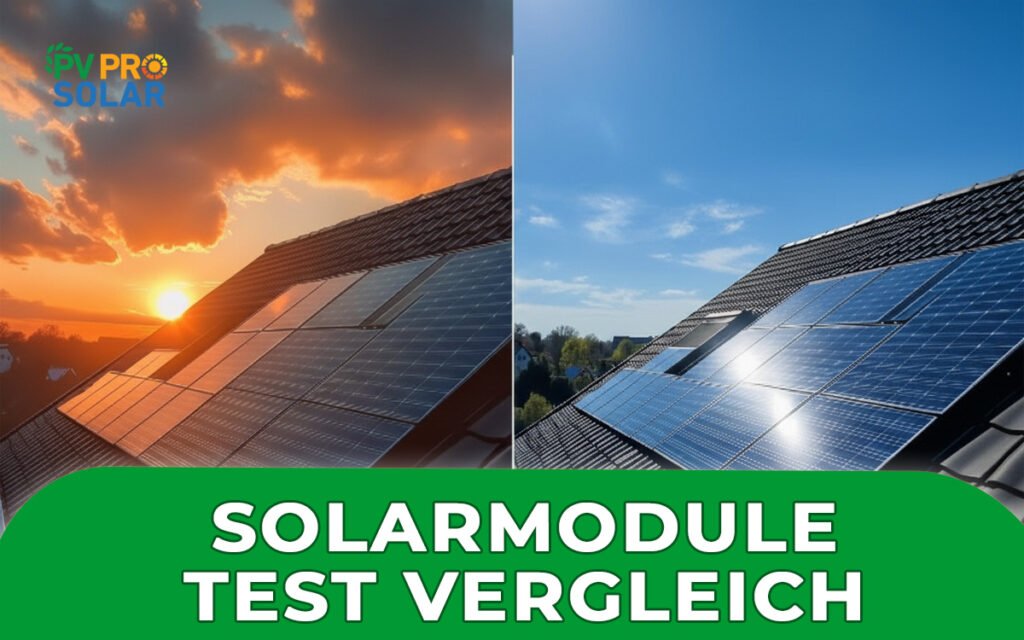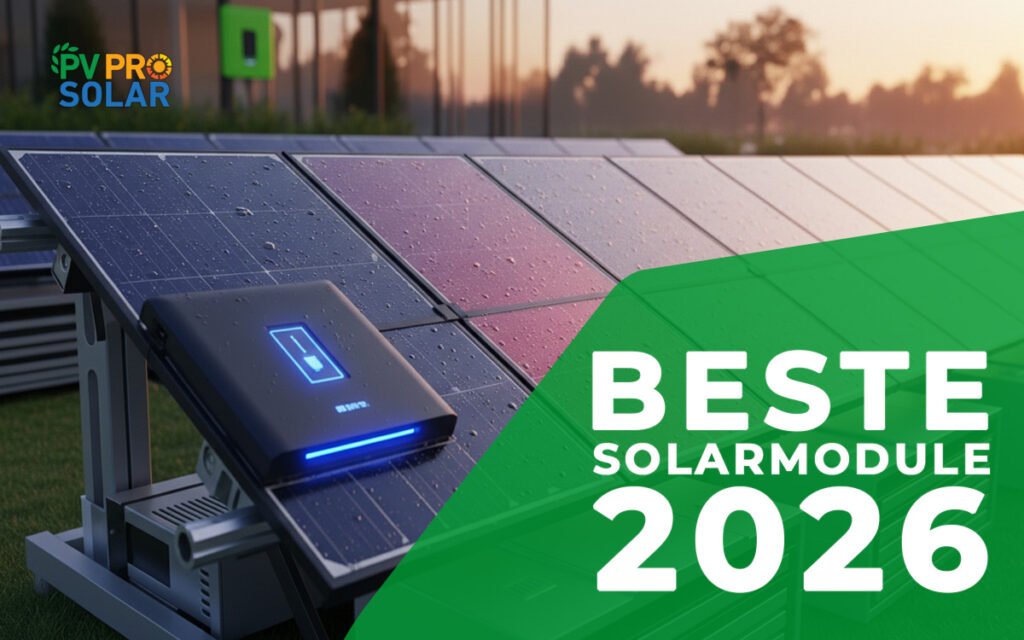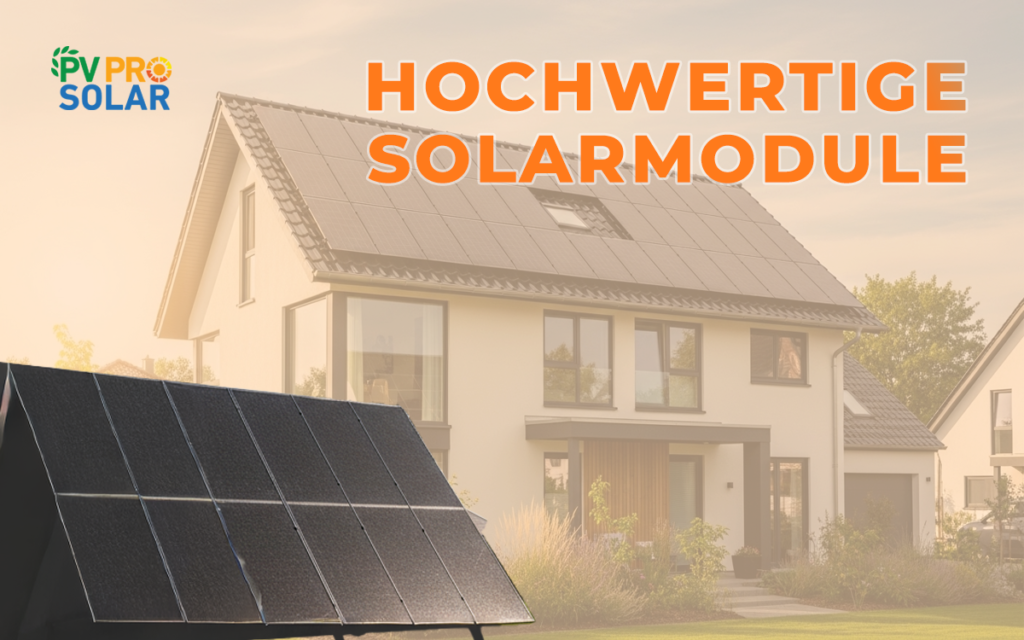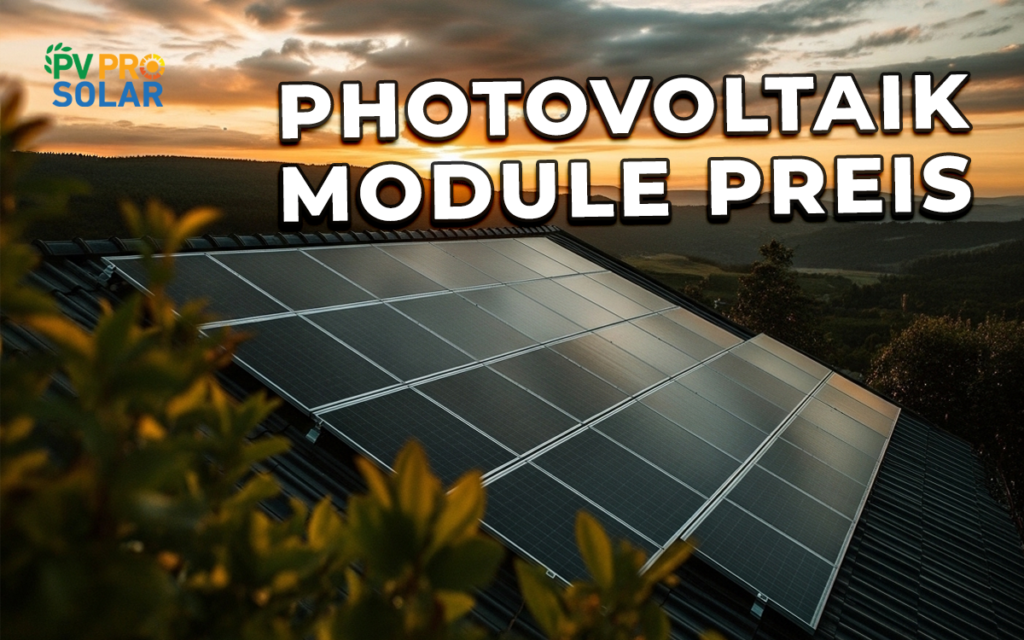Selling Solar Power to Tenants: How Landlords Can Offer Tenant Electricity Legally, Smartly, and Profitably
If you own a solar system and live in a multi-family building, you’ll eventually come across an exciting question: Can I sell solar power to tenants – and if so, how does it work in practice? This is exactly where the modern tenant electricity model comes into play. It combines climate protection, economic opportunity, and the efficient use of self-generated electricity within the building itself.
For landlords, it presents a smart and increasingly popular way to enhance property value while generating steady revenue.
However, before you can start selling solar power to tenants, it’s essential to understand the available models, legal requirements, contracts, and pricing structures. This article breaks down all the key steps – clearly, practically, and with real-world relevance.
What Does Selling Solar Power to Tenants Actually Mean?
Tenant electricity refers to a model where photovoltaic (PV) electricity is generated directly on-site and supplied to the building’s residents without passing through the public grid. Landlords who sell this power directly to tenants enjoy significant benefits: the energy is consumed locally, no grid fees apply, and tenants often pay less than they would with the local utility.
To enable this, the following are required:
- An operator for the PV system,
- A suitable energy supply arrangement,
- A tenant’s electricity contract,
- Compliance with all legal regulations.
So, the ability to sell solar power to tenants doesn’t depend only on having a PV system installed – the chosen business model also plays a crucial role.
What Models of Tenant Electricity Are Available?
Many landlords wonder: Can I sell solar power to my tenants, and which model best fits my building?
There are three established models commonly used in tenant electricity systems:
1. Landlord as PV System Operator
In this setup, the landlord takes full responsibility for:
- Installation and financing,
- Billing and accounting,
- Metering concepts,
- Contracts with tenants.
This model offers maximum flexibility and profit potential. It’s ideal for property owners who want full control over the system and revenue streams.
2. Contractor Model
An external partner (such as a utility company or service provider) becomes the system operator. The landlord receives either a lease payment or a revenue share, while the contractor handles the electricity sales.
This is a great option for landlords seeking a professional, low-maintenance approach to selling solar power to tenants, especially for commercial scalability.
3. Direct Supply Model
Here, the landlord sells the electricity directly to the tenants but doesn’t take on the technical operator role. While less common, this approach may be suitable in projects where the PV system is already in place.
Is Selling Solar Power to Tenants Legal? – The Legal Framework
The short answer is: Yes – landlords are allowed to sell solar power to tenants as long as they comply with current legislation.
Key legal requirements include:
- A tenant electricity contract must be in place.
- Participation must be voluntary for tenants.
- Electricity supply must comply with the German Energy Industry Act (EnWG).
- Tenant electricity prices must not exceed the local basic supply rate.
- The PV system must be located on the building’s rooftop or property.
In summary, selling solar power to tenants is legal – and often far easier to implement than many landlords expect.
How Is the Price for Tenant Electricity Determined?
When setting a price for selling solar power to tenants, three main factors come into play:
- The generation costs of the PV system,
- The current market price from the local utility,
- The legal price cap imposed by the Tenant Electricity Act.
Since no grid usage fees apply, tenant electricity is typically cheaper than standard tariffs – yet still priced above your own production cost. This creates a win-win situation for both landlords and tenants.
However, pricing must be handled with care:
- The price must not exceed the basic utility rate.
- It must be calculated to ensure the PV investment is covered long-term.
- Efficient use of the generated electricity typically leads to a fast return on investment.
The Tenant Electricity Contract: What Needs to Be Included?
The tenant electricity contract is the core of the model. It must be clear, transparent, and legally compliant. It should define:
- The source of the electricity,
- Pricing structure,
- Contract duration,
- Termination conditions,
- Metering and billing methods,
- Rights and responsibilities of all parties.
Tenants must be able to track how much PV electricity they use and how much it costs them. For landlords aiming to offer tenant electricity at a commercial standard, transparency is essential.
What Are the Benefits for Landlords?
- Additional Income: Selling solar power generates a new, steady revenue stream.
- Increased Property Appeal: Sustainability and energy efficiency are becoming major decision factors for tenants.
- Lower Operating Costs: Some of the electricity can be used for shared building areas.
- High Self-Consumption Rate: The more electricity is used on-site, the lower the building’s overall energy costs.
- Climate Protection Contribution: Producing clean energy means long-term CO₂ savings and future-proofing your investment.
What Are the Benefits for Tenants?
- Typically, lower electricity prices than market rates,
- Direct use of clean, renewable energy,
- Less dependence on traditional utilities,
- Active participation in the local energy transition,
- Simple, clear billing.
Being able to use locally generated solar power is a major plus for many tenants today.
What Are the Technical Requirements?
To successfully sell solar power to tenants, the following technical elements must be in place:
- A PV system installed on the roof, garage, or outbuilding,
- A smart metering system (Smart Meter),
- Clear separation between the general building power and the tenant’s electricity,
- A metering concept that records both feed-in and direct consumption.
Without this technical foundation, a legally compliant energy supply model isn’t possible.
Can Tenant Electricity Be Used in Commercial Properties?
Many property owners ask: Can I sell solar power to tenants in commercial buildings too? Yes – and the benefits are often even greater.
Businesses tend to consume more energy during the day, aligning perfectly with solar generation patterns.
For commercial tenant electricity, key success factors include:
- Larger PV installations,
- A professional billing system,
- Contracts with well-defined service levels.
Commercial tenants benefit from predictable energy costs, while landlords enjoy stable income.
How Does Selling Solar Power Work in Practice?
The process is simpler than many landlords might think:
- Property Assessment: Roof size, orientation, age of the building, and energy demand are evaluated.
- Installation of the PV System: The landlord or contractor installs the system.
- Generation and Distribution: Electricity flows directly to participating tenants.
- Billing: Smart meters provide data for monthly or quarterly billing.
- Backup from the Public Grid: Tenants can always draw electricity from the public grid if the solar supply is insufficient.
This model shows how intelligent energy use can be integrated into existing buildings – sustainably and efficiently.
Why Tenant Electricity Makes More Sense Than Ever Before?
- Rising energy prices,
- Growing demand for climate-friendly housing,
- Attractive government incentives,
- Increasing the cost-effectiveness of solar systems.
For landlords considering selling solar power to tenants, there has rarely been a better time to start. The market is growing, legal conditions are well-defined, and technology is more accessible than ever.
Selling Solar Power to Tenants – A Future-Proof Model for Landlords and Tenants Alike
The tenant electricity market is evolving rapidly. Landlords can sell solar power to tenants, offer fair and competitive pricing, and modernize their properties in the process.
With the right tenant electricity model, a well-structured contract, and compliance with legal regulations, landlords can establish a stable, eco-friendly business model that benefits both sides.
Partner with PVPro Solar – Experts in Modern Tenant Electricity Solutions
If you’re ready to upgrade your property, become more energy-independent, and profit from selling solar power to tenants, PVPro Solar is your ideal partner.
We offer:
- Full-service solutions for multi-family buildings,
- Planning, installation, and system operation,
- Custom-tailored tenant electricity models,
- Expert guidance on EEG & EnWG compliance.
Learn more at: PVPro Solar GmbH. Start your tenant electricity project today – with expert support at your side!
Yes. Landlords may sell solar power directly to tenants, as long as they meet the requirements of the EnWG and EEG, provide a tenant electricity contract, and keep prices below the local basic supply rate.
The price depends on PV system costs, legal price caps, and local utility rates. Since no grid fees apply, tenant electricity is usually cheaper for tenants.
Three models exist: landlord as system operator, contractor model, and direct supply. All allow for direct energy delivery to tenants.
Yes. A clearly worded tenant electricity contract is mandatory. It governs pricing, power origin, billing, metering, rights, obligations, and termination terms.
Absolutely. Especially for commercial properties, tenant electricity can be highly economical, as daytime energy consumption aligns well with solar production. Can landlords sell solar power to tenants?
How is the tenant electricity price set?
What tenant electricity models are available?
Is a contract required to sell solar power to tenants?
Can commercial tenants also use tenant electricity?

